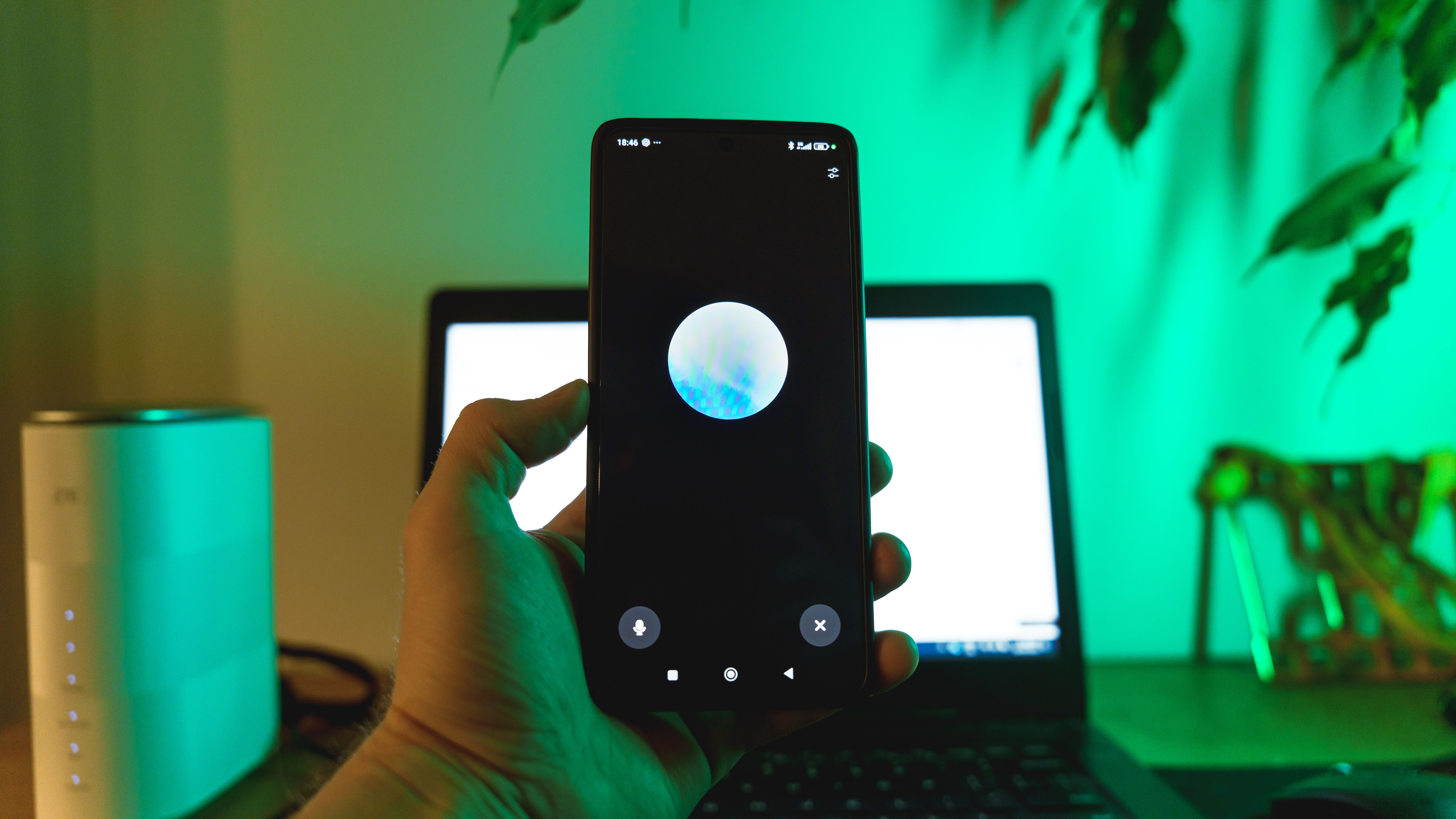ChatGPT users complain about losing Standard voice mode
They don't want the “calm, grounded, and safe” sound of ChatGPT to fall silent

Sign up for breaking news, reviews, opinion, top tech deals, and more.
You are now subscribed
Your newsletter sign-up was successful
- OpenAI is retiring ChatGPT's Standard Voice Mode in September
- Only the faster, more expressive Advanced Voice Mode will be available
- Many users are upset about the change, preferring the sound and approach of the voice OpenAI is removing
The voice people have come to associate with ChatGPT is retiring come September 9, and not everyone is happy about it. ChatGPT’s “Standard" voice is going away in favor of the “Advanced” voice option first released to a limited selection of ChatGPT users last year. Rebranded simply as “ChatGPT Voice,” it will be the only choice going forward.
The original “Standard” voice mode debuted in 2023, built on a simple pipeline: you’d speak, OpenAI’s servers would transcribe your input, generate a response using the GPT model, then read it back using a relatively neutral synthetic voice.
ChatGPT's Advanced Voice Mode is designed to respond more quickly, to be more human in its tone and manner of speech, and to generally perform at a higher level than its predecessor. Nonetheless, plenty of people think it's a mistake.
"The standard voice offers a warmth, depth, and natural connection that the advanced voice simply doesn’t match," one user wrote in a post on OpenAI's forum. The advanced voice comes across as robotic and detached, lacking the soulful and understanding tone I value."
More than one person described the new voice as less engaging to speak with. There were also complaints that the new model speaks too quickly, as if it were trying to get the interaction over with.
"Standard Voice is thoughtful and has a voice and cadence that is natural and comforting. Poignant," A Reddit user posted. "Advanced Voice doesn’t have the same characteristics, doesn’t give thoughtful answers, has restrictive content limits, and always sounds like they’re trying to rush through a mediocre response. "
Advanced voices
Even if you don't mind how the new voice sounds, some ChatGPT users are annoyed because they've found it won't even perform the same as the earlier voice.
Sign up for breaking news, reviews, opinion, top tech deals, and more.
Advanced Voice Mode integrates your voice, the AI’s responses, and its vocal expression in one real-time process. The integrated process means the AI doesn't quote the written response verbatim. Instead, it expresses ideas more conversationally, sometimes skipping phrases, condensing clauses, or adjusting tone based on context. Technically impressive, but not what some ChatGPT users want.
"The Standard voice would literally read out the exact response that ChatGPT would normally give you. It was a direct line, you know?" read one example post on Reddit. "But this new one? It sounds like it's paraphrasing or summerizing [sic] it instead. It skips over the little details and makes the whole conversation feel way more disconnected."
That might sound minor in the grand scheme of AI progress, but it echoes a broader trend in tech where people are upset when there's a big change, even if it's ostensibly an upgrade.
Not everyone dislikes the new voice option, of course. Some like its realism and speed, and how it makes for a more fluid conversation. OpenAI has promised more improvements to come, as well. But, given that complaints about GPT-4o's removal when GPT-5 debuted led to the older model's return, I wouldn't be too surprised to see the Standard Voice Mode stage a comeback too.
You might also like

Eric Hal Schwartz is a freelance writer for TechRadar with more than 15 years of experience covering the intersection of the world and technology. For the last five years, he served as head writer for Voicebot.ai and was on the leading edge of reporting on generative AI and large language models. He's since become an expert on the products of generative AI models, such as OpenAI’s ChatGPT, Anthropic’s Claude, Google Gemini, and every other synthetic media tool. His experience runs the gamut of media, including print, digital, broadcast, and live events. Now, he's continuing to tell the stories people want and need to hear about the rapidly evolving AI space and its impact on their lives. Eric is based in New York City.
You must confirm your public display name before commenting
Please logout and then login again, you will then be prompted to enter your display name.